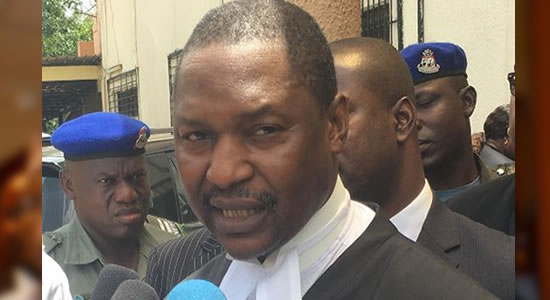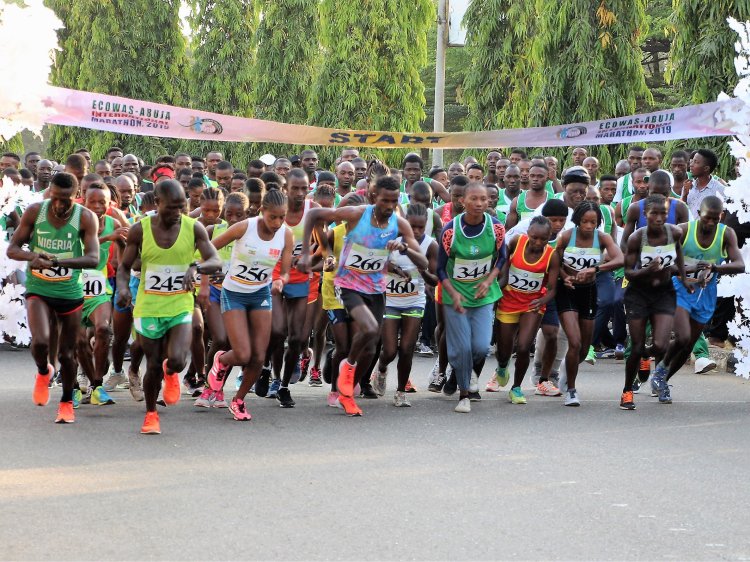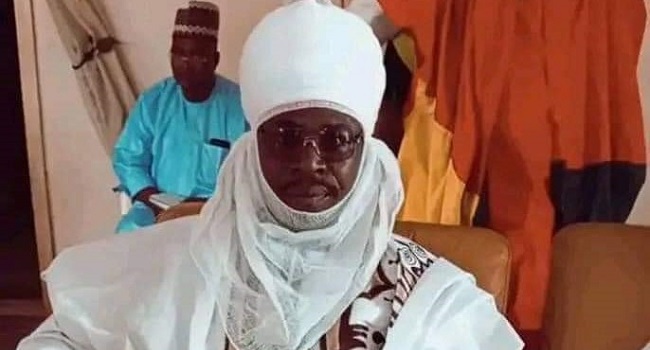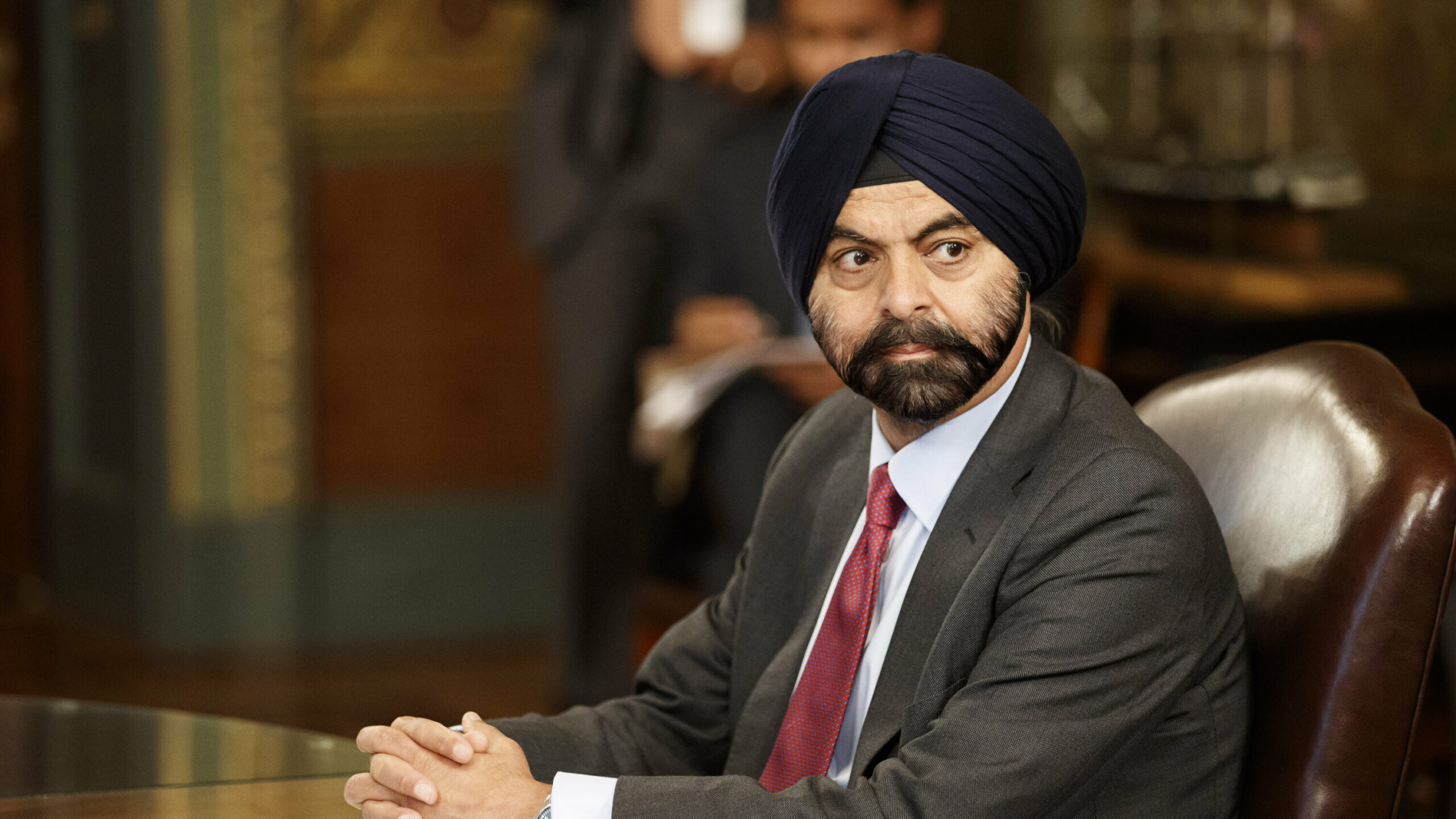The Attorney General of the Federation, Mr. Abubakar Malami and the Independent National Electoral Commission (INEC) on Monday, while appearing before the Abuja Federal High Court, adduced reasons why they are opposed to move by the National Assembly to reorder the sequence of the 2019 general elections.
The AGF and INEC’s lawyer, Mr. Femi Falana, SAN, had while adopting their processes, insisted that sections 78(1), 116, 132, 153, 178 and item 15 to the Third Schedule of the 1999 constitution, as amended, gave the electoral body unfettered discretion to the choice of date for elections.
The AGF and INEC who were cited as 2nd and 3rd defendants in the suit challenging the powers of the National Assembly to re-order the sequence for the 2019 general elections said they were in support of all the reliefs being sought by the plaintiff, contending that section 4(8) of the constitution conferred the court with requisite jurisdiction to stop the NASS.
The AGF was quoted by Vanguard as saying “My lord the 2nd defendant has filed friendly process to the case of the plaintiff. I call the process friendly in the sense that we did not file any objection to the Originating Summons.
“Arising further with the case and position of the plaintiff, we most humbly adopt their submissions in totality. We oppose the preliminary objection filed by the 1st defendant (NASS). For the purpose of determining whether the jurisdiction of this court can be properly invoked or otherwise, I submit that what is before your lordship for consideration, is a legislative conduct that is constitutionally recognised.
Section 4(8) of the 1999 constitution is express and categorical as far as the invocation of the jurisdiction of this court is concerned. This court has the power to invoke its jurisdiction when the question borders on the issue of legislative powers of the NASS. Issue concerning the powers of INEC to fix dates for election had long been settled by the Supreme Court in NASS vs President, 2003, 9-NWLR, part 824, page 104.
The 3rd defendant has issued and released a time table for the conduct of the 2019 election, an action the the 1st defendant is seeking to legislate on. We submit that this is not practicable since the action of INEC is sacrosanct having been clothed with statutory protection”, Malami argued.
On his part, Falana accused NASS of attempting to undermine the constitution by placing the Electoral law about it.
“My lord what the NASS has done is to say that four sections of the constitution that has to do with powers of INEC to conduct/fix date for elections, be made subject to the Amended Electoral Act. It is our submission that the constitution cannot be made subject to any Act. It is unheard of. On the issue of locus standi, we can confirm that we registered the plaintiff as Accord.
“It applied to us and all their documents, certified, has been exhibited by the plaintiff as exhibit 4 to 8. This plaintiff was registered as Accord and it won seats, with their representatives currently sitting in the chambers of the 1st defendant. “It is therefore our submission that the plaintiff has the jurisdiction to file this suit which falls under public interest litigation. We urge my lord to exercise its discretion and grant the reliefs as sought by the plaintiff. We shall however ask for cost if they win, for bringing us here”.
Meanwhile, Justice Ahmed Mohammed has fixed April 25 to deliver judgment on the matter.





















